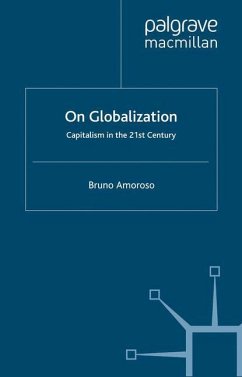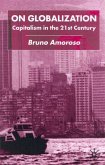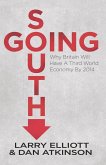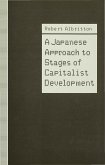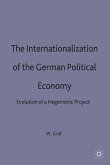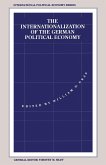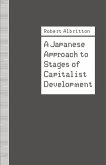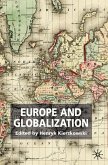Beginning with the key changes brought about in the economy by advanced technology and organisational and institutional innovations, the author elucidates their impact on industrial systems, accumulation, firms and the processes of European integration. This approach enables the reader to establish the links in the conceptual jungle to real processes and to chart clearly, by eliminating chaos and chance factors, the interlocking grid of political destabilization and economic marginalization that the advance of capitalist globalization has introduced in all countries.
'Wide ranging, well written and provocative, Bruno Amoroso's economic, social and cultural insights into the process of globalisation should be valued for their explanatory power and clarity by teachers and students alike. At once a global tour d'horizon and an intellectual tour de force.' - Stuart Holland
Amoroso is prepared to follow Marx in claiming that 'globalization' is the historical form of the paradox of capitalism's growth, but he is not prepared to argue either that this paradox produces a revolutionary class capable of resolving it, or that the paradox will explode itself in some final crisis. Instead, he believes that we must meet the world halfway, recognizing the multi-national nature of our interests, but seeking to organize those interests in 'polycentric' communities, capable of fostering 'partnership, cooperation and exchange'. - Times Literary Supplement
Amoroso is prepared to follow Marx in claiming that 'globalization' is the historical form of the paradox of capitalism's growth, but he is not prepared to argue either that this paradox produces a revolutionary class capable of resolving it, or that the paradox will explode itself in some final crisis. Instead, he believes that we must meet the world halfway, recognizing the multi-national nature of our interests, but seeking to organize those interests in 'polycentric' communities, capable of fostering 'partnership, cooperation and exchange'. - Times Literary Supplement

